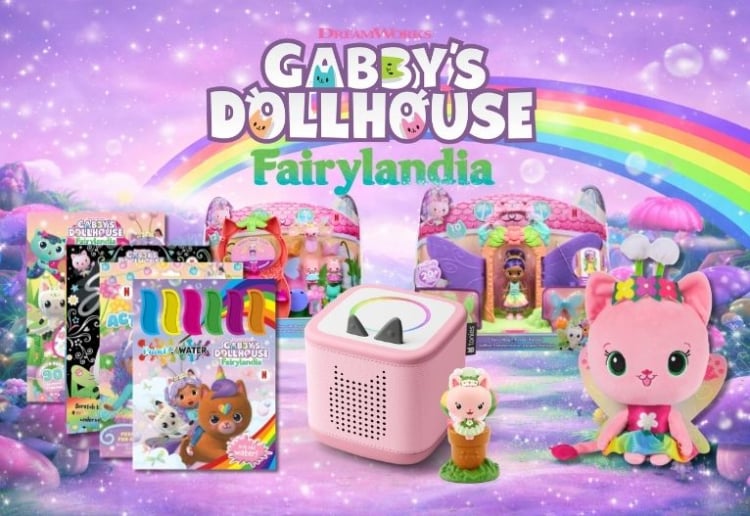Do you feel frustrated when people don’t seem to understand what you’re trying to say? What is it about our language that doesn’t always convey exactly what we mean?
Whether talking in person with our teenagers, via skype with friends overseas, delivering a presentation, teaching a class or just buying groceries, communication is key to get what we want in any given situation.
I used to get so frustrated when people didn’t get what I was saying, misinterpreted it or twisted it. However, over the years I have learned that it is not their fault – it’s mine!
After reading research by Professor Albert Mehrabian, I learned that during conversation our level of communication is split up as follows:
- 7% of meaning is the words that are spoken.
- 38% of meaning is the way that the words are said/attitude/tone.
- 55% of meaning is in facial expression/body language.
These findings highlight the effectiveness, (or lack of) when using the spoken word to communicate our feelings. If you think of a conversation you’ve had recently with a difficult teenager you will probably admit that you were not annoyed so much about what they said, but more the way they said it.
Even though people may hear the words we say. They are more influenced by what they see.
Here are a few ways we communicate without words:
- Scratch our heads when puzzled.
- Hand gestures (thumbs up, or rude finger)
- A look (judgmental, rolling eyes, look away)
- Shrug our shoulders to indicate that we don’t care.
- We can’t look someone in the eye (shy or hiding the truth).
- Honk the horn on the steering wheel when irritated in heavy traffic.
- Our face changes colour (a tinge of red when embarrassed or angry)
Here are a few ways we communicate with our tone:
- Growling (annoyed or tired).
- High pitched (excited or anxious).
- Low and slow (calming a situation).
- Huffing (disappointed or displeased).
- Whistling (drawing attention or disapproval).
It is important to choose your words carefully, especially if only 7% of what you say is actually being heard!
Our language can often be negative, especially our self-talk. Some of the negative things we say to ourselves we would never say to a friend. We tend to be very hard on ourselves and this shows in our use of words. I hope you find the following list of empowering language uplifting, encouraging and enabling.
Share it with your teenage children to help them create awareness, take responsibility and improve their communication skills.
DISEMPOWERING EMPOWERING
I can’t I can
I should I choose to
I need to I expect to
I hate to I prefer to
I don’t have I will strive for
I’ll try I will
I’m tired I create energy
I’m stupid I’m learning
I’m stressed I’m in charge
I’m frustrated How can I?
I’m overwhelmed I prioritise
I’m not I’m not …. Yet
You should Have you considered?
You need to What would happen if?
There is a problem This is a challenge
This is difficult How can I simplify this?
She is aggressive She is assertive
Don’t run Walk
Don’t go Stop
How do you talk to yourself? How do you feel you come across to others? SHARE with us in the comments below.
Main image source: Shutterstock





















-

-
-
mom94125 said
- 02 Sep 2016
-

-
-
mom81879 said
- 19 Aug 2016
-

-
-
Melissa89 said
- 29 Jul 2016
-

-
-
mom70876 said
- 20 Jul 2016
-

-
-
mom93821 said
- 12 Jul 2016
-

-
-
june11 said
- 11 Jul 2016
-

-
-
mom112217 said
- 11 Jul 2016
Post a comment10:01 am
1:12 pm
11:36 am
10:16 pm
4:31 am
2:47 pm
-

-
-
mom181507 replied
- 11 Jul 2016 , 9:12 pm
-

-
-
june11 replied
- 20 Jul 2016 , 10:00 pm
Reply11:12 am
-

-
-
mom181507 replied
- 11 Jul 2016 , 12:33 pm
ReplyTo post a review/comment please join us or login so we can allocate your points.